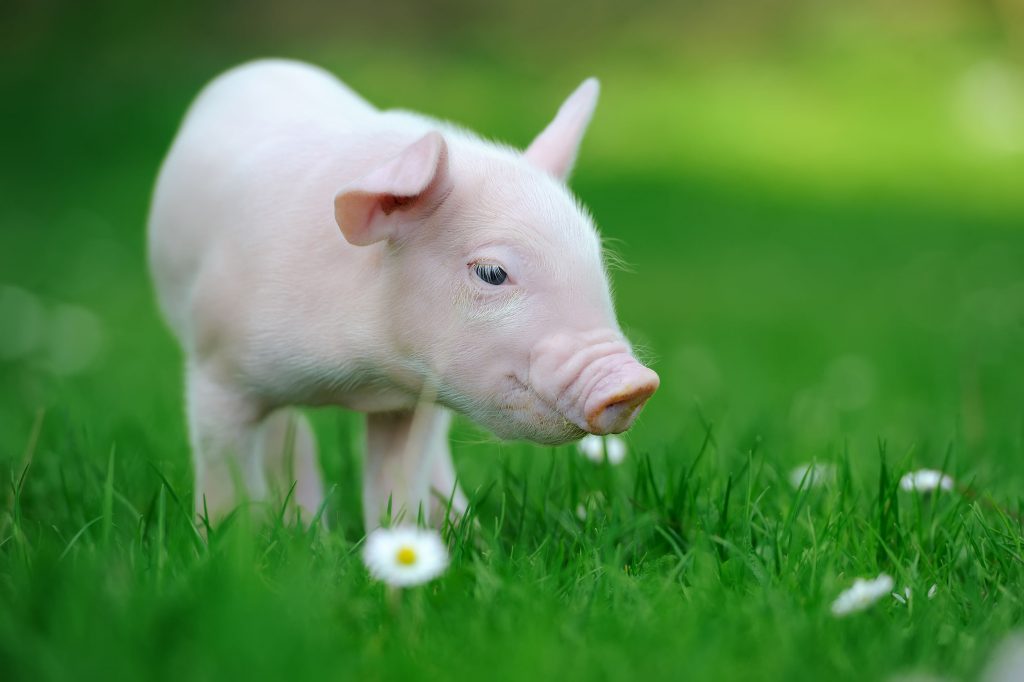National Pig Day is celebrated on March 1 of every year. Events will be conducted to commemorate the pigs. Pigs are part of our life, whether it may be bacon or ham that we have for breakfast or the little porcelain coin receptacles that we use to save our money. Recently people made strides to bring the pig as their favorite pets, especially the big one, which is pot-bellied. The day includes some events, and celebrations will be held in Schools, Zoos, and Nursing homes. Hence National Pig Day is a day to say thanks and recognize domesticated Pigs.
Pigs have poor eyesight but a great sense of smell. The pig’s nostrils are on its leathery snout, which is very sensitive to the touch. The pig uses the snout to search, or root, for food. Pigs are among the smartest of all domesticated animals and are even smarter than dogs.
National Pig Day was created by two sisters named Ellen Stanley and Mary Lynne Rave in 1972. Ellen Stanley is a school teacher in Lubbock, Texas, whereas Mary is from Beaufort, North California. They created National Pig Day to accord the pig to its rightful, though commonly unrecognized, place as one of man’s most intellectual and domesticated creatures. Pigs are brilliant and intelligent, but some peoples are not aware of their high level of intelligence. To some people, pigs are household pets that can be trained and taught tricks. In 1772, there was a pig named Learned Pig who was prepared to tell the time, count, and the other tricks to entertain the crowds in the street of Dublin. On National Pig Day, events and celebrations will be held at zoos, schools, and in Nursing Homes. It is also recognized at “Pig Parties,” where the pink ribbon pigtails will be tied around the trees in the pig’s honor, and pink pig punch and pork delicacies will be served.
Here are some interesting facts about pigs:
- Pigs are intelligent animals.
- Like humans, pigs are omnivores, meaning they eat both plants and other animals.
- Pigs were the first animals to be domesticated.
- Pigs have been around for a long time. There were dinosaur pigs.
- A pig’s snout is an important tool for finding food in the ground and sensing the world around them.
- Pigs have an excellent sense of smell.
- There are around 2 billion pigs in the world.
- Humans farm pigs for meat such as pork, bacon, and ham.
- Some people like to keep pigs as pets.
- Wild pigs (boar) are often hunted in the wild.
- In some areas of the world, wild boars are the primary food source for tigers.
- Feral pigs that have been introduced into new areas can be a threat to the local ecosystem.
- Pigs can pass on a variety of diseases to humans.
- Relative to their body size, pigs have tiny lungs.


